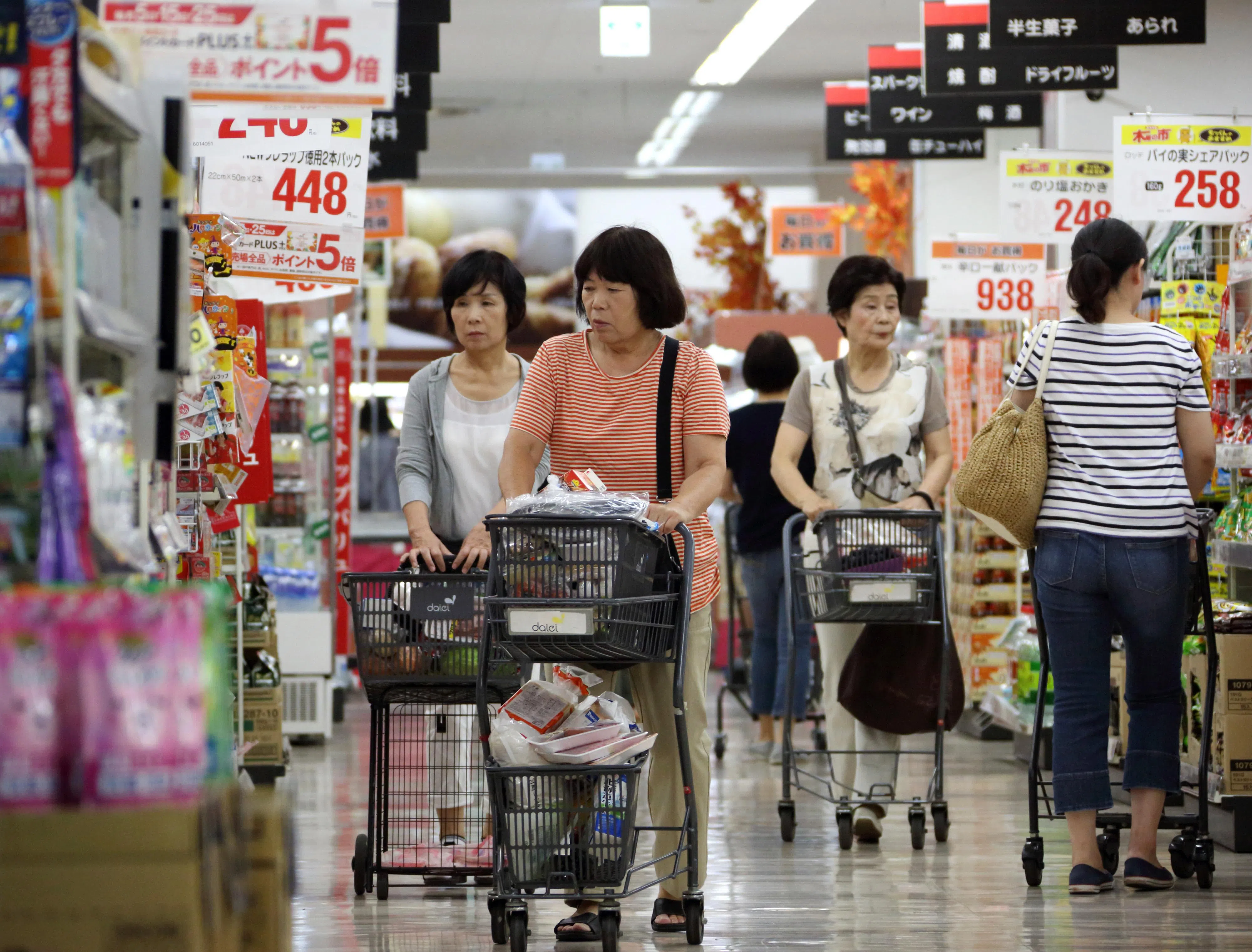The drama over a takeover proposal for Seven & i has gotten investors interested in other Japanese retailers such as Aeon, boosting their share prices.
Shares of Aeon, Japan’s third-biggest retailer in terms of market value, have extended their gains to about 25 per cent this year and reached a record high this week. The jump came as people with knowledge of the matter said Alimentation Couche-Tard is discussing improving its offer for the 7-Eleven owner. Other retail firms such as furniture seller Nitori have outperformed Japan’s overall share market.
The Seven & i news isn’t the only factor supporting Japanese shops and restaurant chains. Many of the retailers are considered relatively cheap compared with their international peers. The soaring number of tourists visiting Japan and signs of increased consumer spending domestically also are positives for the sector, while the rebounding yen is a boon too because it brings down companies’ import bills.
“The rise in Aeon shares coincided with a period of increased interest in domestic demand-related stocks, and talk of the acquisition was the ‘starting gun’ that set off the stock rally,” said Shuji Hosoi, senior strategist at Daiwa Securities Group. Yen levels that are still weak by historical standards make Aeon “appear undervalued to Western managers who want to expand in Japan“, he said.
Aeon spokesman Hirokazu Sato said the company currently has shareholders’ understanding of its management policies, when Bloomberg asked whether the company had received any takeover proposals.
Price-book ratio is one gauge of the value of companies, and those for Japanese retailers are relatively low. Aeon’s shares are trading at 3.3 times their book value, compared with about 1.5 times for Seven & i. By contrast, the ratios are at least seven times for the US’ Walmart, Australia’s Woolworths and Coles, according to data compiled by Bloomberg.
An increase in Japan’s consumer spending, which accounts for more than half of Asia’s second-biggest gross economy, is also supporting retailers. Private consumption rose 0.9 per cent in the second quarter, after four straight quarters of shrinking, government data showed. Another promising development for spending is the possibility that visitors to Japan will reach 35 million this year, exceeding levels before the Covid-19 pandemic, Bloomberg Intelligence analysts Angela HanLee and Rebecca Wang wrote in a report.
The return of inflation to Japan as a tumbling yen pushed up import prices caused domestic consumption to stagnate. That had been weighing on a Topix index for the retail sector, which climbed 8.5 per cent this year through the end of July, slower than an 18 per cent gain over the period for the broad market.
The yen’s rapid strengthening since July has fueled advances in retailer shares. The Topix retail trade index has risen 4.8 per cent since the end of June, making it the top performer among the 33-industry groups. BLOOMBERG






